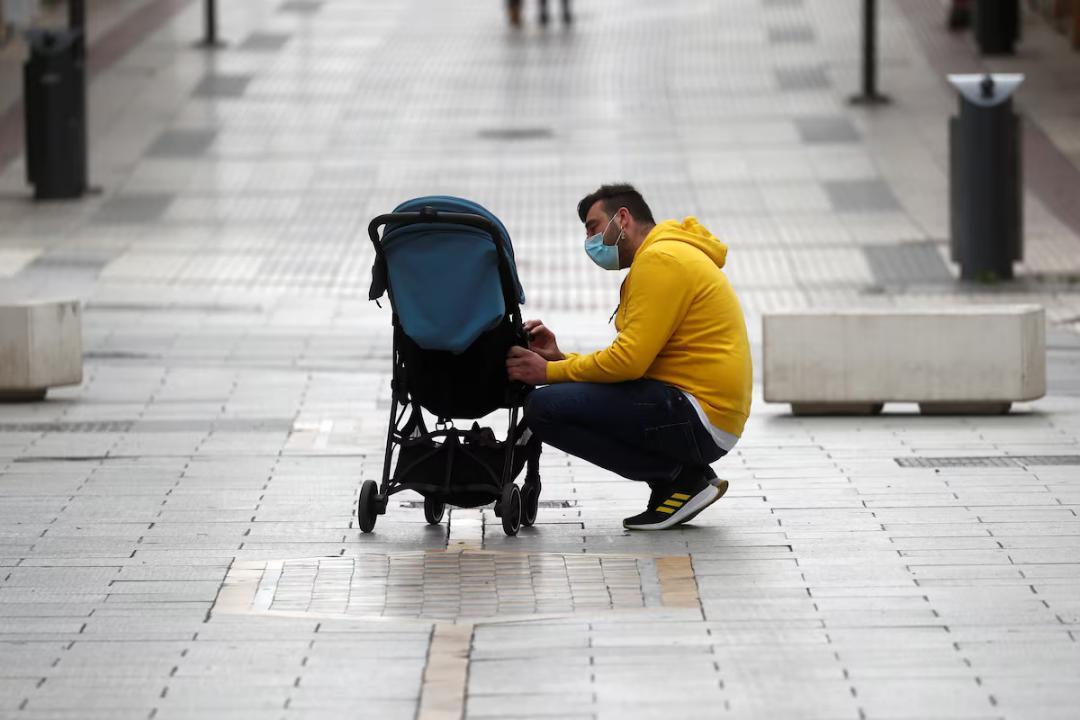
Title: Spain to Offer 17 Weeks of Parental Leave to Both Mothers and Fathers
As of July 2025, Spain is set to become one of the most generous countries in the European Union when it comes to parental leave. The country has announced plans to extend its current parental leave policy, which already offers 12 weeks of paid leave to mothers and fathers, to a total of 17 weeks. This move is seen as a significant step towards gender equality and will allow both mothers and fathers to take an equal amount of time off work to care for their newborn babies.
Spain and Finland are the only two EU countries that offer equal, fully-paid birth leave to both parents. This new policy is a major milestone in Spain’s efforts to promote gender equality and support working parents.
Under the new policy, both mothers and fathers will be entitled to 17 weeks of fully-paid leave after the birth of their child. This will give them the opportunity to bond with their baby, care for their child’s needs, and adjust to their new role as a parent. The additional five weeks of leave will be split equally between mothers and fathers, with each parent receiving an additional two and a half weeks off work.
The new policy is expected to have a significant impact on working parents in Spain. It will provide them with the time and support they need to care for their child, which is essential for their well-being and development. It will also help to promote gender equality, as both mothers and fathers will have the same amount of time off work to care for their child.
The policy is also expected to have a positive impact on the economy. A study by the Organization for Economic Cooperation and Development (OECD) found that countries with more generous parental leave policies tend to have higher rates of employment and lower rates of poverty. This is because parents are more likely to return to work after taking time off to care for their child, which helps to boost economic growth.
The new policy is part of Spain’s efforts to promote gender equality and support working parents. The country has made significant progress in recent years, including increasing the number of women in the workforce and reducing the gender pay gap. The new policy is a major step forward and will help to further promote gender equality in Spain.
The policy is also expected to have a positive impact on the family. A study by the University of Oxford found that children whose parents take time off work to care for them have better mental and physical health outcomes than children whose parents do not take time off work. This is because parents who take time off work to care for their child are more likely to be present and involved in their child’s life, which is essential for their well-being and development.
In conclusion, Spain’s new parental leave policy is a major step forward in promoting gender equality and supporting working parents. The policy will provide both mothers and fathers with 17 weeks of fully-paid leave after the birth of their child, which will give them the time and support they need to care for their child and adjust to their new role as a parent. The policy is expected to have a positive impact on working parents, the economy, and the family, and will help to further promote gender equality in Spain.






